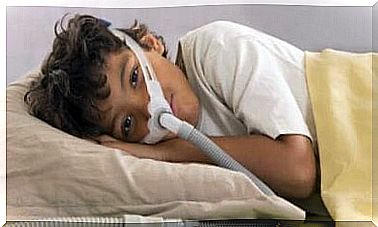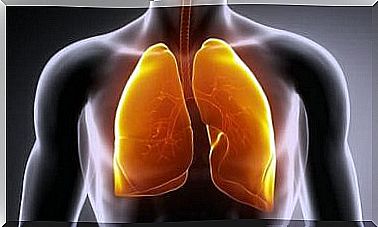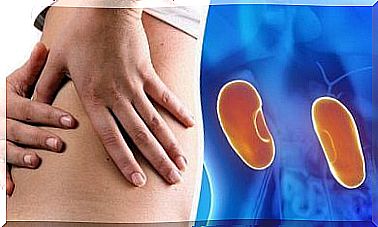Gastroenterite
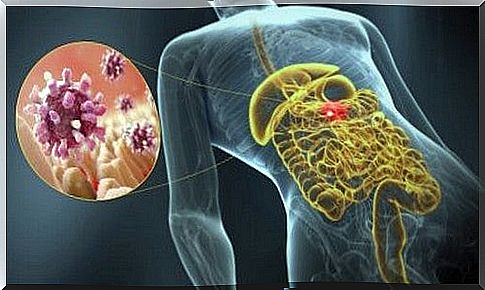
The gastroenteritis is a syndrome that occurs with diarrhea and vomiting caused by inflammation of the gastrointestinal tract. In addition to these symptoms, abdominal pain and cramps can also occur, and in severe cases, excessive dehydration.
The most common cause of gastroenteritis is of infectious origin, and the most common microorganisms that cause it are viruses in children and bacteria in adults.
Who does it hit?
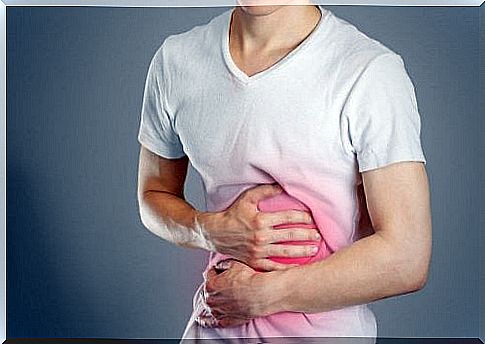
Gastroenteritis is one of the most common syndromes at the moment , with between 3 and 5 billion cases per year. It is one of the main reasons why people go to a doctor in developed countries, which involves a very high economic cost.
It can affect anyone, but the group of people most affected are children , particularly those under 5 years of age, since adults have developed acquired immunity.
Developing countries have a high incidence rate of the syndrome. This is often due to cholera, as there are many areas where sanitation is poor and the waters are contaminated, which is why there is a high risk of outbreaks .
Causes of gastroenteritis
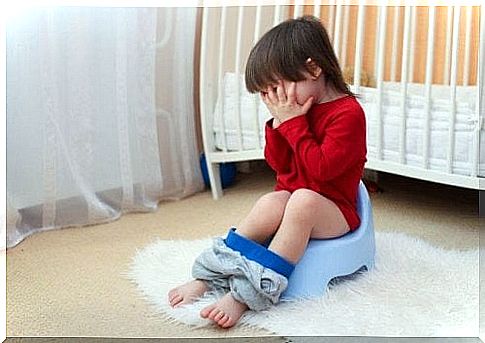
As we mentioned earlier, viruses and bacteria are the main cause of the syndrome , although there are cases of gastroenteritis which are caused by parasites. There is a lower percentage of cases due to non- infectious causes , such as Crohn’s disease or lactose intolerance.
Virus
- Rotavirus.
- Norovirus.
- Adenovirus.
- Astrovirus.
Rotavirus is the main infectious agent in children , being also the risk of infection very high due to the lack of immunity and possibly less hygiene. In adults, the leading cause of gastroenteritis is norovirus , especially in America.
Viruses are responsible for over 70% of infectious childhood diarrhea, because children do not have an immune system comparable to that of an adult.
Bacteria
- Escherichia Coli.
- Campylobacter jejuni.
- Salmonella.
- Clostridium difficile.
- Vibrio cholerae .
Bacteria trigger gastroenteritis due to food contamination . If food is kept at room temperature, bacteria will proliferate and this will increase the chances of getting an infection.
Cholera is a disease caused by vibrio cholerae, which is transmitted through contaminated food and / or water. Cholera is a major cause of gastroenteritis , especially in African and Asian countries .
The use of antibiotics, at times, also favors the onset of gastroenteritis. One cause of diarrhea in the elderly and hospitalized patients is Clostridium difficile infection .
How is it transmitted?
Transmission can be produced by various mechanisms, the most common being through physical contact with infected people or with contaminated water or food.
The greatest risk of infection occurs during the rainy seasons or during the winter , due to the decrease in water quality.
Transmission is also associated with poor hygiene and malnutrition, which usually occurs in children. However, the causes of gastroenteritis are so varied that it is impossible to define a single method of transmission.
Incubation time and contagion period

Symptoms of gastroenteritis usually appear 1 to 3 days after contracting the infection .
The duration of gastroenteritis varies, diarrhea and vomiting usually disappear after 3-8 days . However, if not treated properly, diarrhea can end up being chronic.
On the other hand, it is interesting to note that adults can develop tolerance, becoming carriers of some infectious agents, without suffering an infection. In other words, individuals can remain contagious after the symptomatic period , therefore it is necessary to maintain the precautionary measures.
Symptoms of gastroenteritis
- Vomiting .
- Diarrhea : When the cause is bacterial, blood may appear in the stool.
- Abdominal pain.
- Cramps.
Complications
Dehydration is the most common complication of gastroenteritis , as a consequence of diarrhea. Dehydration is classified as mild (<5%), moderate (5 – 9%) and severe (> 10%). With moderate and severe dehydration, sunken eyes, lack of tearing and dry mouth are noted ; moreover the individual is less active and the skin turgor is lacking.
Differential diagnosis
- Volvulus
- Diabetes
- Appendicitis
- Celiac disease
- Food poisoning
- Abuse of taking laxatives
- Chronic inflammation of the intestine
The diagnosis of gastroenteritis is clinical , so it is necessary to exclude other pathologies.
Treatment

The treatment of gastroenteritis will basically be based on rehydration is on good nutrition . It is not recommended to give drinks with sugar because they could aggravate diarrhea.
Rehydration will be carried out by means of oral rehydration salts or, if these are not available, with pure water .
It is recommended that you maintain a normal diet by decreasing your sugar intake and increasing your intake of probiotics . Some cases of gastroenteritis could be treated with antiemetics, antibiotics and antispasmodics, but these are exceptional cases.
Prevention and vaccination
The main preventive measures are good hygiene and the consumption of uncontaminated water and food . Wash hands decreases up to 30% the incidence of gastroenteritis .
Rotavirus vaccination programs are currently underway and are proving very effective around the world.


